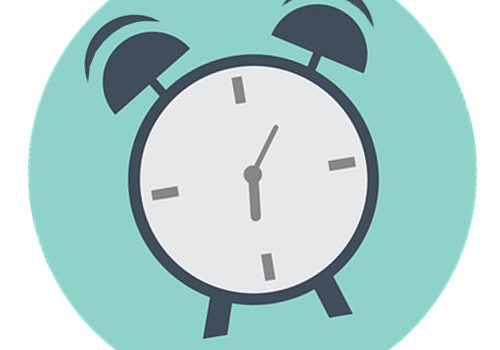
The Enneagram is a rich psychospiritual tool that requires both a contemplative approach and a compassionate community in order to be truly transformational. The wisdom of the Enneagram needs to be mined through both reflection and conversational exercises with others. It is a beautifully complicated instrument designed to wake us from the slumber of mental fixations which keep us imprisoned in repetitive patterns, and that requires a lot of honest attention. Gurdjieff, the 20th-century mystic responsible for bringing the Enneagram symbol to us said, “It isn’t difficult to Wake up by yourself, it’s impossible.” When attempting to take an honest look into our motivations and behaviors it is way too easy to get caught up in deluding or berating oneself, which makes a compassionate other essential.
The opportunity for the personality to mistype itself is huge. Many people initially seek psychological or spiritual tools simply because they want to feel better. They are looking for relief from internal suffering. So it makes sense that when we first encounter the Enneagram, we want to see ourselves in a positive light. We are already suffering, and looking at shadowy motivations isn’t exactly comforting, yet it is the best way to correctly identify our Enneagram Personality Type. It is easy to think, I’m always overextending myself for others, I must be a Type Two, The Helper. Or, I just want to be peaceful, conflict makes me uncomfortable… I’m a Type Nine, The Mediator. You may indeed want to be helpful or relish peace above conflict, but self-complimentary attributes aren’t the best litmus test for discovering your Enneagram Type. If on the other hand, you recognize the prideful inflation you receive when you are thinking of others; that faint sense of superiority you feel because of your thoughtfulness, then you may know yourself as a Type Two. Or, if you recognize how you tend to disappear in your relationships because it is easier to check out and divert your attention inward, then you may have discovered your Type Nine personality. This is what Don Riso was referring to when he suggested, “when trying to figure out your Enneagram Type, pick one that is going to Wake you up!”
Because it isn’t easy to read the label when you’re inside the jar, you may need to get honest feedback on your observations from a trusted person who knows you well. Guidance from a teacher or spiritual director is very helpful at this stage, as is work within a spiritually-oriented compassionate community. It helps to have “Ennea-friends” to remind you that while you are indeed very helpful, you also have your identity completely tied up with your career and you work around the clock to ensure success – so you might want to look at Type Three. Or, yes, you desire peace, which you are apt to find when your environment is orderly and others are behaving ethically – so you may want to explore Type One. Russ Hudson, a foremost Enneagram author and teacher, is fond of saying “you don’t get a gold star when you have found your Type; it’s more like a booby prize.” Our shadow is the booby prize and there isn’t anything shiny about it. Everybody’s got one, so we might as well find the one that is going to wake us up to our unconscious compulsions. It is only then that the Enneagram can work to help alleviate our suffering and grow through it.
It is equally important not to let others “Type” you; not your teacher, not your therapist, not a test. You take in the information they have shared, and you play with it, and you spend time with it. The whole purpose is self-observation. Over a period of time, observe your reactions to life’s impacts and see if they match your proposed type’s description. Submit your observations to the discipline of a long-term spiritual practice, such as meditation or centering prayer. This contemplative method takes longer, but it will give you a much more reliable foundation for waking up and the fruits of your labor will be sweeter.
